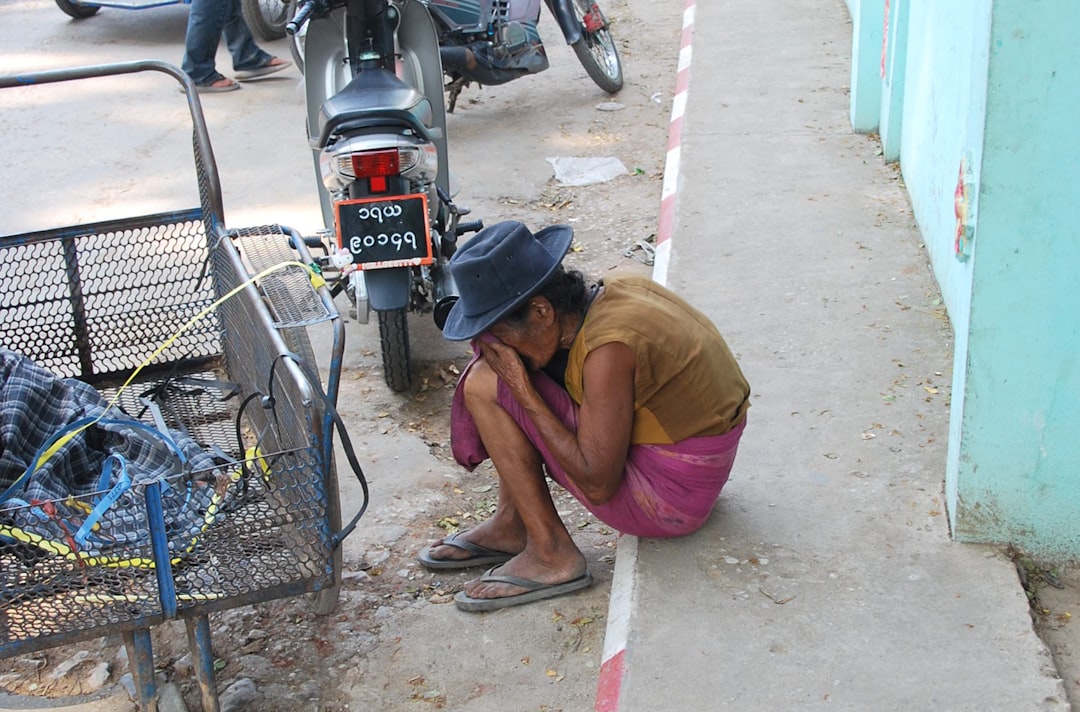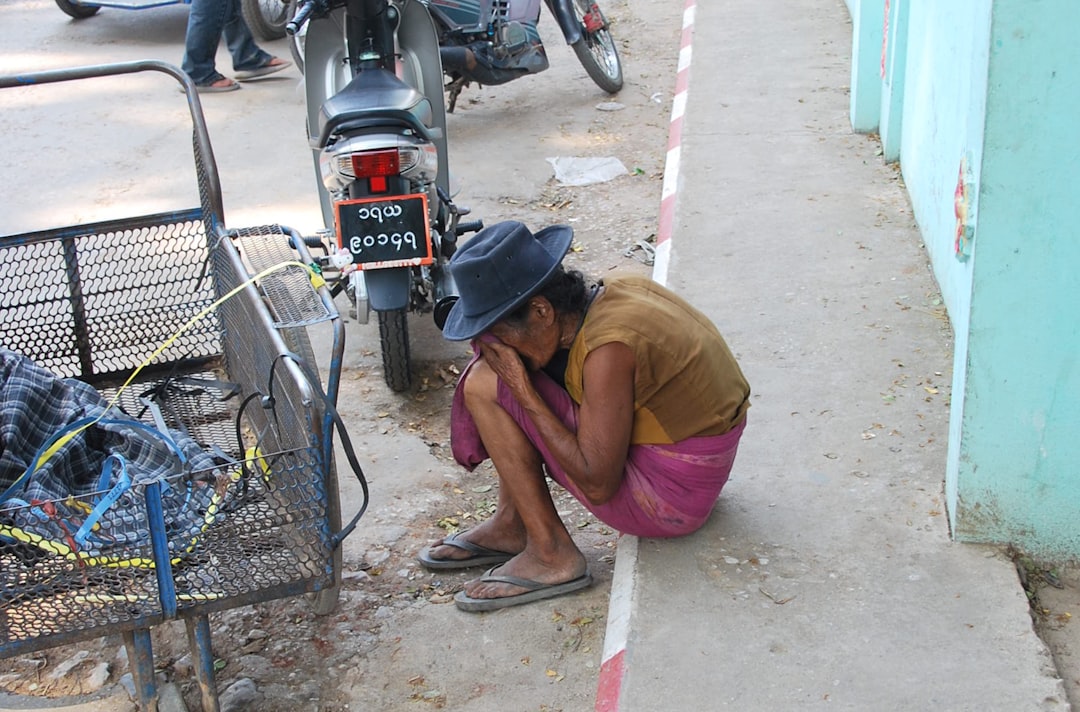At Allianze HR Consultancy, we’ve successfully placed 10,000+ professionals across UAE, Saudi Arabia, Qatar, and Kuwait. Furthermore, our 5+ years of GCC expertise supports clients from 50+ countries. Moreover, our Ministry of External Affairs (India) RA license ensures compliance. Therefore, contact our recruitment specialists for expert guidance.
Understanding GCC Employee Wellbeing Requirements
GCC countries maintain specific worker welfare regulations. Furthermore, Qatar has enhanced its labor laws significantly. Additionally, these standards apply particularly to technical roles. Therefore, understanding these requirements forms the foundation for compliance.
Qatar’s Labor Law outlines fundamental worker protections. Moreover, specific provisions address accommodation standards. Additionally, healthcare access requirements are clearly defined. Consequently, employers must implement comprehensive support systems. For example, adequate housing must meet specified criteria.
Key accommodation standards include:
- Maximum occupancy limits per room
- Required sanitation facilities
- Adequate ventilation and temperature control
- Recreational space provisions
- Proximity to workplace considerations
Furthermore, medical insurance remains mandatory. Additionally, employers must cover all insurance costs. Moreover, policy minimums meet Qatari standards. Therefore, comprehensive coverage ensures worker protection. Subsequently, this reduces operational risks for employers.
Worker Welfare Instrument Technician Qatar Strategic Overview
Strategic worker welfare instrument technician Qatar planning delivers multiple benefits. Furthermore, it enhances recruitment competitiveness. Additionally, it reduces turnover costs significantly. Moreover, it improves operational safety outcomes. Therefore, comprehensive welfare strategies prove economically sensible.
Instrument technicians require specialized welfare considerations. Specifically, their work involves hazardous environments. Additionally, they often work rotating shifts. Consequently, fatigue management becomes crucial. Moreover, technical skill maintenance requires training access.
Effective welfare programs include these components:
- Structured accommodation with reliable internet
- Comprehensive healthcare including mental health support
- Transportation safety protocols
- Professional development opportunities
- Grievance resolution mechanisms
Furthermore, cultural adaptation support proves valuable. Additionally, recreational facilities promote work-life balance. Moreover, these elements collectively enhance workforce stability. Therefore, strategic investment in employee wellbeing yields significant returns.
Legal Framework and Compliance Standards
Qatar’s legal framework for worker protection continues evolving. Moreover, recent reforms have strengthened worker rights. Additionally, these changes reflect international standards. Consequently, employers must maintain current compliance knowledge.
Law No. 18 of 2020 represents significant labor reform. Furthermore, it removes previous employment change restrictions. Additionally, it introduces minimum wage requirements. Moreover, it enhances contract transparency. Therefore, understanding these provisions remains essential.
Key legal requirements include:
- Minimum wage payment obligations
- Maximum working hour limitations
- Overtime compensation specifications
- Leave entitlement guarantees
- End-of-service benefit calculations
Furthermore, the International Labour Organization guidelines influence Qatari standards. Additionally, employers must register with relevant authorities. Moreover, compliance documentation requires careful maintenance. Therefore, systematic record-keeping prevents regulatory issues.
Worker Welfare Instrument Technician Qatar Best Practices
Implementing worker welfare instrument technician Qatar best practices ensures program effectiveness. Furthermore, these approaches exceed basic compliance. Additionally, they demonstrate organizational commitment to workforce care. Moreover, they enhance employer branding significantly.
Best practices begin with accommodation quality. Specifically, living conditions impact overall wellbeing. Additionally, comfortable housing reduces stress levels. Consequently, employers should prioritize accommodation standards.
Effective welfare implementation includes:
- Regular accommodation inspections and maintenance
- Preventive healthcare programs and screenings
- Safety training specific to technical roles
- Career development pathways and skill upgrades
- Transparent communication channels and feedback systems
Furthermore, according to World Health Organization workplace standards, mental health support proves crucial. Additionally, addressing workplace stress improves outcomes. Moreover, confidential counseling services provide valuable support. Therefore, comprehensive wellness programs deliver optimal results.
Documentation and Processing Steps
Proper documentation ensures worker welfare compliance. Furthermore, it provides protection during disputes. Additionally, it demonstrates regulatory adherence. Moreover, systematic records facilitate program evaluation. Therefore, meticulous documentation practices remain essential.
Employment contracts form the foundation. Specifically, they must outline all welfare provisions. Additionally, they should reference relevant policies. Consequently, contract clarity prevents misunderstandings.
Essential welfare documentation includes:
- Detailed employment contracts in multiple languages
- Accommodation inspection reports and compliance certificates
- Health insurance policies and coverage details
- Safety training records and competency certifications
- Grievance handling procedures and resolution documentation
Furthermore, the U.S. Department of Commerce trade resources highlight documentation importance. Additionally, digital record-keeping enhances accessibility. Moreover, regular audits ensure ongoing compliance. Therefore, robust systems prevent oversight.
Worker Welfare Instrument Technician Qatar Implementation Timeline
Successful worker welfare instrument technician Qatar implementation requires careful planning. Furthermore, realistic timelines prevent program gaps. Additionally, phased approaches manage complexity. Moreover, stakeholder coordination ensures smooth execution. Therefore, structured implementation proves essential.
Initial assessment forms the first phase. Specifically, this evaluates current conditions. Additionally, it identifies improvement areas. Consequently, it informs program design.
Typical implementation phases:
- Week 1-2: Current state assessment and gap analysis
- Week 3-4: Program design and budget approval
- Week 5-8: Infrastructure improvements and policy development
- Week 9-12: Staff training and system implementation
- Ongoing: Monitoring, evaluation, and continuous improvement
Furthermore, according to World Bank labor market reports, proper resourcing prevents delays. Additionally, management commitment accelerates implementation. Moreover, worker involvement enhances acceptance. Therefore, inclusive planning delivers sustainable results.
Common Challenges and Solutions
Employers face several worker welfare implementation challenges. Furthermore, understanding these obstacles enables prevention. Additionally, proactive strategies mitigate risks. Moreover, experienced guidance navigates complexities. Therefore, anticipating challenges improves outcomes.
Accommodation quality represents a common issue. Specifically, finding suitable housing proves difficult. Additionally, maintenance requires consistent attention. Consequently, employer oversight remains crucial.
Frequent challenges and solutions:
- Challenge: Cultural adaptation difficulties. Solution: Orientation programs and support groups.
- Challenge: Healthcare access limitations. Solution: Employer transportation and appointment coordination.
- Challenge: Communication barriers. Solution: Multilingual materials and interpreters.
- Challenge: Cost management pressures. Solution: Phased implementation and priority setting.
- Challenge: Regulatory compliance complexity. Solution: Expert partnership and ongoing monitoring.
Furthermore, the UAE government employment regulations provide comparative insights. Additionally, industry benchmarking identifies effective practices. Moreover, continuous improvement addresses emerging issues. Therefore, systematic approaches overcome implementation barriers.
Expert Recommendations for Success
Successful worker welfare programs incorporate expert recommendations. Furthermore, these insights reflect industry experience. Additionally, they address common pitfalls. Moreover, they enhance program effectiveness. Therefore, considering these recommendations proves valuable.
Management commitment forms the foundation. Specifically, leadership engagement drives success. Additionally, adequate resource allocation enables implementation. Consequently, executive sponsorship remains essential.
Key expert recommendations include:
- Develop welfare committees with worker representation
- Conduct regular satisfaction surveys and act on feedback
- Benchmark against industry leaders and best practices
- Integrate welfare metrics into management performance indicators
- Partner with experienced HR consultants for guidance
Furthermore, accessing professional recruitment resources enhances program quality. Additionally, continuous staff training maintains standards. Moreover, transparent communication builds trust. Therefore, comprehensive approaches deliver sustainable welfare outcomes.
Frequently Asked Questions About Worker Welfare Instrument Technician Qatar
What is the timeline for worker welfare instrument technician Qatar implementation?
Timeline typically ranges 4-8 weeks depending on existing infrastructure. Furthermore, documentation preparation affects processing speed. Therefore, consult our specialists for accurate estimates.
What documentation is required for employee wellbeing compliance?
Required documents include employment contracts, accommodation certificates, insurance policies, training records, and inspection reports. Additionally, country-specific requirements vary. Moreover, attestation procedures apply.
What are typical costs for staff welfare programs?
Costs vary by program comprehensiveness, workforce size, and accommodation standards. Furthermore, healthcare coverage and transportation affect total investment. Therefore, request detailed quotations from schedule consultation appointment for accurate budgeting.
How does Allianze HR ensure regulatory compliance?
We maintain Ministry-approved RA license status. Additionally, our team monitors GCC labor law changes. Moreover, we conduct thorough documentation verification at every stage.
Which GCC countries does Allianze serve?
We provide recruitment services across UAE, Saudi Arabia, Qatar, Kuwait, Bahrain, and Oman. Furthermore, our South Asian talent network spans India, Nepal, Bangladesh, and Pakistan.
What industries does Allianze specialize in?
Our expertise covers construction, hospitality, healthcare, facilities management, manufacturing, and technical services. Additionally, we handle both skilled and semi-skilled recruitment.
Partner with Allianze HR for Employee Wellbeing Success
Comprehensive worker welfare instrument technician Qatar programs deliver significant benefits. Furthermore, they ensure regulatory compliance and workforce satisfaction. Additionally, they enhance operational performance and safety. Moreover, they strengthen employer reputation in competitive markets.
Successful implementation requires specialized expertise. Specifically, understanding Qatari regulations proves essential. Additionally, cultural awareness enhances program effectiveness. Consequently, professional guidance maximizes outcomes.
Allianze HR Consultancy provides comprehensive support. Furthermore, our GCC experience ensures practical solutions. Additionally, our recruitment expertise integrates welfare considerations. Moreover, our compliance knowledge prevents regulatory issues. Therefore, partnership delivers optimal worker welfare instrument technician Qatar results. Contact us today to develop your customized welfare strategy.




